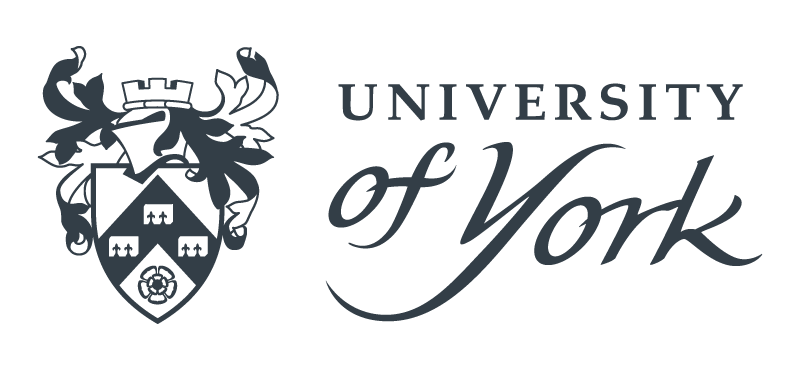Grievance
Potential grievance outcomes
Depending on the nature of the grievance and the evidence found, including the findings of any investigation, the grievance hearing manager will ensure - in consultation with the HR Adviser – that the following are considered and implemented as appropriate:-
a) Find there is no case to answer - the grievance(s) is not upheld and therefore take no further action, other than, where appropriate, implement or recommend steps that would be beneficial or, in cases relating to interpersonal relations, to help to restore a reasonable professional relationship between the parties. It is acknowledged that both parties may need support in moving on from the event(s) which may involve advice being sought from the HR Adviser.
This approach will usually be appropriate where any claim(s) of harassment or bullying is (are) considered to be unfounded and where there is a continuing relationship between the parties or an informal resolution has been reached.
b) Uphold the grievance and initiate resolution of the issues. Depending on the nature of the grievance, this may be via a written instruction or recommendation to the individual's line manager. In cases relating to the Dignity at work and study policy, this may be by requiring that certain individuals undertake specific training or implementing practical arrangements to improve professional relationships. If a successful resolution is achieved the case will be closed, but the situation will be monitored for an appropriate period.
This approach will usually be appropriate where the evidence does not support a claim of harassment or bullying but it is clear that either party has demonstrated behaviours that are likely to lead to further issues between them if unresolved or alternatively, that there are other issues within a department that require management attention.
c) Uphold the grievance and invoke the Disciplinary Procedure against the reported staff member where the grievance hearing manager is reasonably satisfied that there is evidence to support allegations of a sufficiently serious nature.
In this event, the manager will determine what intermediate measures are necessary, including any reallocation of duties, including line management and supervision responsibilities.
-
If there is a recommendation that an individual has a disciplinary case to answer, the investigating manager will discuss this with the HR Adviser and a senior member of the University who has not previously been involved will be appointed to consider the case under the University's Disciplinary Procedure.
-
In accordance with the Disciplinary Procedure the formal grievance investigation report will be provided to the senior member and it is expected that it will provide sufficient information and evidence to proceed straight to a disciplinary hearing. If additional information is needed, further investigation will be carried out by the existing grievance investigating manager due to their familiarity with the case.
-
If more information is needed this will be sought prior to a disciplinary hearing taking place. Once all the evidence is available, the disciplinary hearing manager will convene a Disciplinary Hearing in accordance with the Disciplinary Procedure.
d) In rare cases, disciplinary or other appropriate action may be taken against the reporting party if the grievance hearing manager is satisfied that the grievance is vexatious, malicious or otherwise not made in good faith.
e) In some situations it may be appropriate to ask the parties to consider entering into a mediation process. Although mediation may be attempted at any time before or after a formal investigation, it may be particularly helpful if it is considered at an early stage before the formal procedure is invoked.
Document control
- Last reviewed and updated: 18 February 2025
